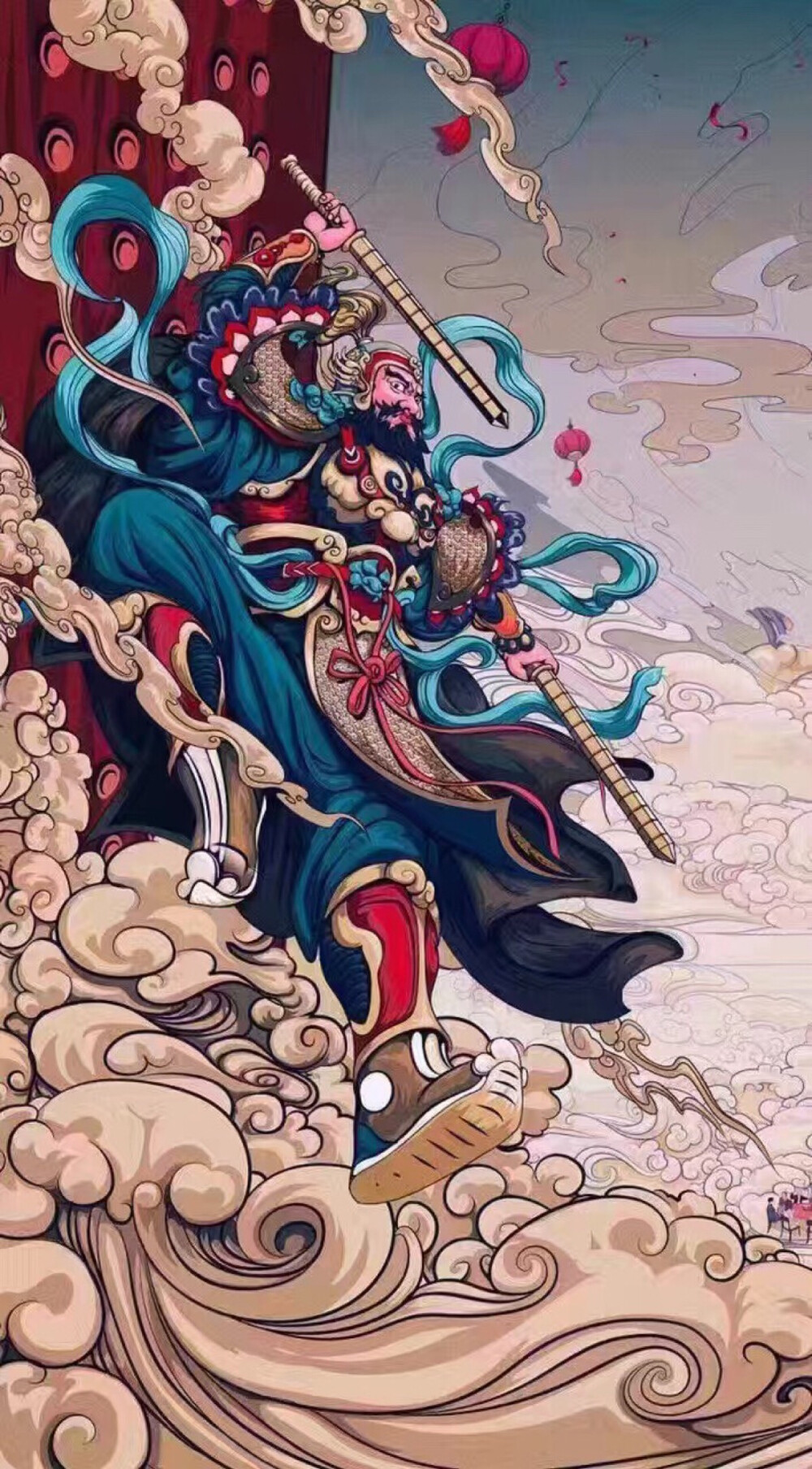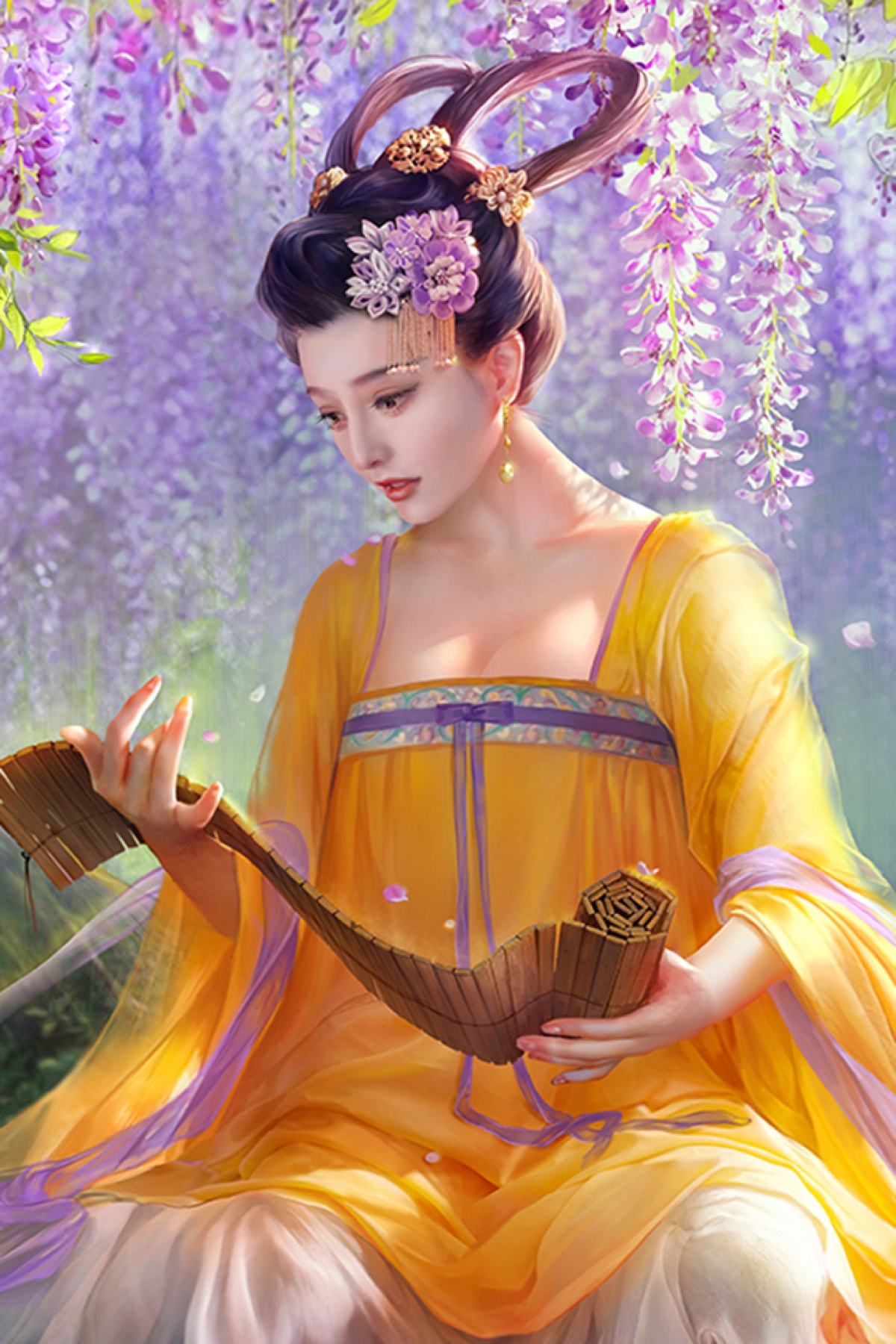Not sure yet: For readers who are not familiar with Zhu Yuanzhang’s killing of meritorious officials, the following Historical Encyclopedia editor will bring you a detailed introduction. Let’s continue reading~The truth behind Zhu Yuanzhang’s killing of meritorious officials is only superficial, and these people should all be killed!
Heroes emerge in turbulent times. This phrase is most aptly used to describe the founding emperor of the Ming Dynasty, Zhu Yuanzhang. At the age of 25, he participated in the Red Turban Rebellion to resist the tyranny of the Yuan Dynasty. He spent sixteen years in the military and established the Ming Dynasty. Throughout his life, he achieved numerous accomplishments, unifying mountains and rivers, restoring ethnic equality, reforming the system, and severely punishing corrupt officials; At the same time, he was criticized by later generations for killing meritorious officials after ascending to power, and even condemned as a tyrant in this regard… So, what is the truth? Is it because of their high achievements that he killed the old soldiers, or is there some hidden reason behind it?
The charge of Zhu Yuanzhang’s indiscriminate killing of meritorious officials has been passed down for thousands of years, but upon reviewing historical records and verifying the list, it can be seen that among the approximately thirty founding meritorious officials at the level of dukes and dukes in the Hongwu Dynasty, seven were dukes and twenty-seven were marquises. Two of the dukes were killed, while half of the marquises had a good start and end. In other words, there were instances of Hongwu killing meritorious officials during his reign, but they were by no means indiscriminate killings. Moreover, the people who were killed were all self inflicted, with one group being greedy and abusing the law, and the other being the common people; One type is to form factions for personal gain, attempting to seize the throne.
After ascending to the throne, Zhu Yuanzhang had the heart to govern the country. He came from a humble background, in today’s terms, from the grassroots and the masses. Therefore, he deeply hated all officials who sought personal gain through their positions of power and exploited the people. What he despised the most was that officials did not prioritize the people, but instead wielded power and fortune. So, after he ascended to the throne, on the one hand, he rewarded the meritorious officials, treated this group of friends who had fought side by side well, and even gave them iron vouchers and alchemy books, which were equivalent to a token of exemption from death; On the other hand, he strengthened the construction of the legal system and promulgated laws and regulations such as the “Da Ming Law,” “Da Gao San Bian,” and “Ji Gu Gui Ce,” hoping to establish a fair and honest dynasty. Taking the severe punishment of corrupt officials and the emphasis on people’s livelihood as an example, his thunderous methods are no less than those of any previous emperor. Officials who embezzle more than 60 taels of silver are all subject to the death penalty. This is not the most terrifying thing, but even more terrifying is that some corrupt officials are exempt from the death penalty and cannot escape the punishment of life. They have to accept the cruel criminal law of “skinning and cutting grass”, such as picking tendons, cutting fingers, hands, and knees, which are chilling torture. This is just one of the more lenient governance plans.
However, even so, in the face of strict laws, there are still people who look down on everything, even some of his brothers who once risked their lives with him and considered themselves meritorious officials, such as Huai’an Marquis Huayun Long, took the opportunity of guarding Beiping to occupy the former Prime Minister Tuotuo’s mansion and illegally seized the treasures of the former Yuan court; Yan’an Marquis Tang Shengzong took advantage of the situation in Longzhou, Guangxi to extort local people, and his behavior was despicable; Ji’an Marquis Lu Zhongheng privately occupied civilian land in Linqing; Wang Bi, Marquis of Dingyuan, pocketed the national tax revenue for personal gain; Guo Ying, Marquis of Wuding, killed five men and women without authorization, indiscriminately killing innocent people; Duke Lan Yu of Liangguo seized the land of Dongchang and beat up the imperial censor who came to investigate the case. Afterwards, there were also atrocities such as occupying the palace and destroying the border at night …..
All of these were unbearable for Zhu Yuanzhang, and ultimately he could only resort to killing. He was the king of the world, and from the moment he ascended the throne, he must prioritize the people of the world. He rebelled in turbulent times, and the most common thing he saw was the suffering of the people and the recklessness of officials. Therefore, he deeply despised this in his heart. In the seventh year of the Hongwu reign, Hua Yunlong was recalled to the capital for the crime of “violating regulations” and died of illness on the way; In the eighth year of the Hongwu reign, Liao Yongzhong, Marquis of Deqing, was sentenced to death for illegally using dragons and phoenixes
If this type of person is in the open, Zhu Yuanzhang can use iron fisted means to solve the problem of corruption and oppression of the people, and improve the situation, then another type of person is in the dark, trying to use darkness as a disguise to launch an attack on Zhu Yuanzhang and replace him for their own selfish interests.
The most typical example among them is the case of Hu Weiyong, who held the position of prime minister below one and above ten thousand, yet formed a party for personal gain and prepared to rebel! Rising up in troubled times is for the peace of the world and the welfare of the people; The rebellion during the Taiping period was only for personal gain. The Hu Weiyong case involves a wide range of people, including Fei Ju, Lu Zhongheng, Tang Shengzong, Zhao Yong, Li Shanchang, etc., but they are not wrongly accused. These people directly or indirectly participated in the operation or did not report their knowledge. Moreover, their rebel group had already developed to the point of corruption and bribery before this. Zhu Yuanzhang was furious. He originally thought that the meritorious officials could abide by the laws of the court, but he did not expect them to have a covetous eye on the throne. On the one hand, it is anger that they have done countless heinous things for their own selfish interests; On the other hand, it was even more chilling. In times of chaos, their affection for their son was no match for imperial power and wealth. Therefore, he resolutely killed everyone and implicated his relatives.
Looking back on Zhu Yuanzhang’s political career as an emperor, he worked diligently for the dynasty and had no spare effort in governing the world. In the end, he died due to overwork. He was truly a good emperor. He once buried a corrupt dynasty with his own hands and established a new dynasty in his lifetime of nine deaths. For the sake of the people and the stability of the country, he had to eliminate all those who disregarded the law and formed factions for personal gain, even those who had made meritorious contributions were his brothers. He killed them, and the pain in his heart is probably unknown to anyone. There is not only anger, but also the sadness of being betrayed. Even though due to his excessive impact, many people have fabricated many stories against him, such as Xu Dachi dying from eating goose meat, Liu Bowen and Li Wenzhong being poisoned… But so what? Regardless of how future generations discuss Zhu Yuanzhang, his helplessness and helplessness will eventually be understood in history, as right and wrong turn the tide


